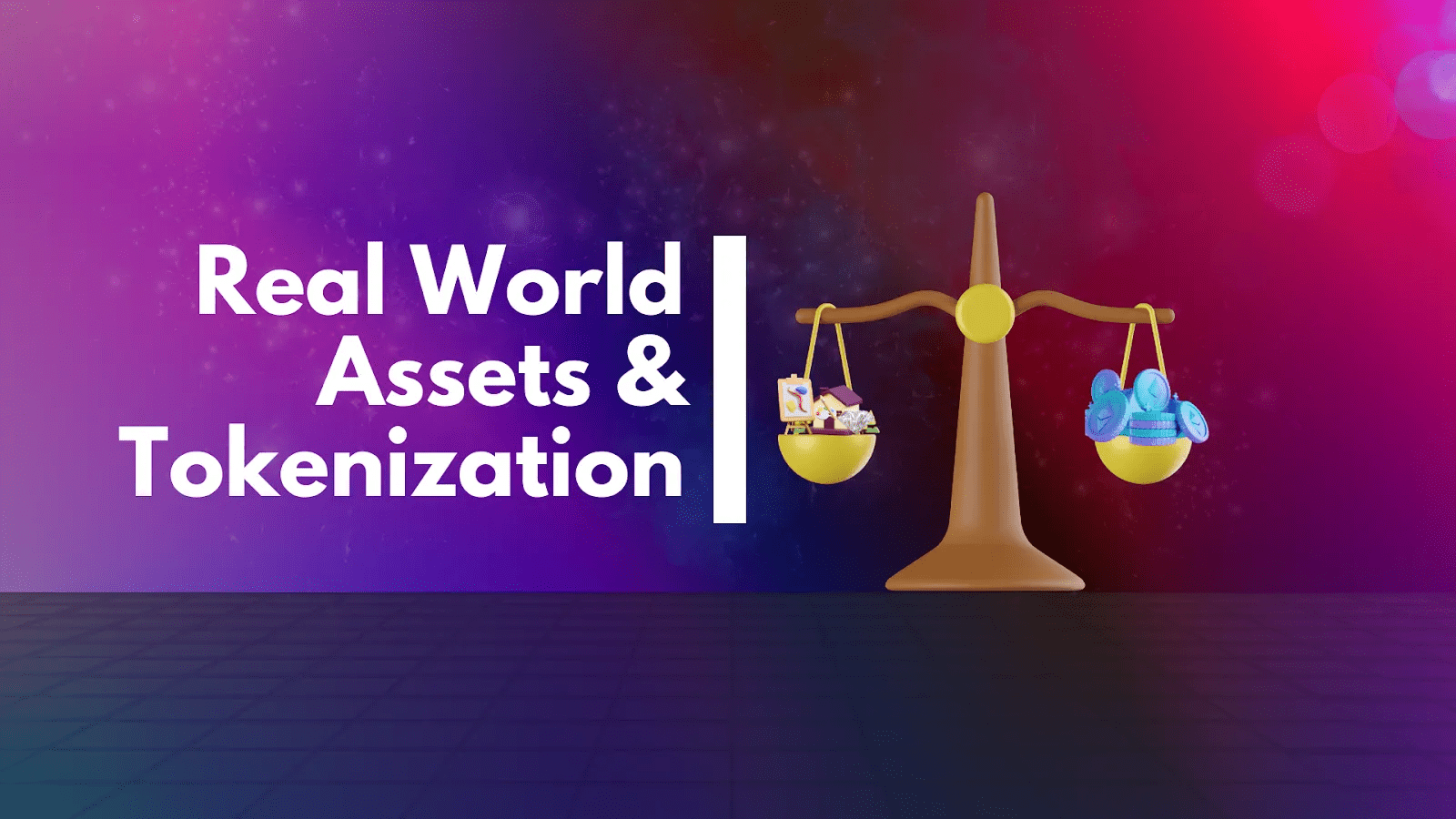In today’s digital age, the concept of asset tokenization is revolutionizing traditional finance and investment landscapes. With the emergence of blockchain technology, the process of transforming real-world assets into digital tokens has opened up new avenues for investors, offering increased liquidity, fractional ownership, and accessibility to previously illiquid assets. Let’s delve into the realm of real-world asset tokenization to understand its implications, benefits, and challenges.
Understanding Asset Tokenization:
Asset tokenization involves the conversion of real-world assets, such as real estate, art, commodities, or even intellectual property, into digital tokens on a blockchain. These tokens represent ownership rights to the underlying assets and can be bought, sold, and traded much like cryptocurrencies. Each token typically corresponds to a fraction of the asset’s value, enabling fractional ownership and lowering barriers to entry for investors.
The Process:
1. Asset Selection: The process begins with the selection of a suitable asset for tokenization. Assets chosen are typically high-value, illiquid assets with the potential for generating income or appreciation.
2. Legal Compliance: Legal frameworks vary across jurisdictions, and compliance with securities regulations is essential. Smart contracts are utilized to encode legal agreements governing the ownership and transfer of tokenized assets.
3. Tokenization: The asset is then tokenized by creating digital tokens representing ownership rights. This process involves assigning unique identifiers to each token, ensuring authenticity and traceability.
4. Offering: Tokenized assets can be offered to investors through Initial Token Offerings (ITOs) or Security Token Offerings (STOs), providing investors with an opportunity to purchase tokens and gain exposure to the underlying asset.
5. Trading and Liquidity: Once tokens are issued, they can be traded on secondary markets, offering liquidity to investors who wish to buy or sell their ownership stakes in the asset.
Benefits of Asset Tokenization:
1. Liquidity: Tokenization unlocks liquidity in traditionally illiquid assets, allowing investors to buy and sell fractions of assets easily.
2. Fractional Ownership: Investors can own fractions of high-value assets, diversifying their portfolios and reducing barriers to entry.
3. Accessibility: Tokenization opens up investment opportunities to a broader range of investors, including retail investors who may not have had access to such assets previously.
4. Transparency: Blockchain technology provides transparency and immutability, enhancing trust and reducing the risk of fraud or manipulation.
5. Cost Efficiency: Tokenization can streamline processes such as asset transfer, ownership verification, and compliance, reducing administrative costs.
Challenges and Considerations:
1. Regulatory Compliance: Navigating regulatory frameworks can be complex and varies across jurisdictions. Compliance with securities regulations is crucial to ensure legality and investor protection.
2. Security Concerns: While blockchain offers security benefits, it is not immune to hacking or cyber threats. Robust security measures must be implemented to safeguard digital assets and private keys.
3. Market Adoption: Despite its potential, asset tokenization is still in its nascent stages, and widespread adoption may take time. Educating investors and stakeholders about the benefits and risks is essential for market acceptance.
4. Valuation: Determining the value of tokenized assets can be challenging, especially for unique or non-standard assets. Clear valuation methodologies need to be established to facilitate pricing and trading.
Conclusion:
Real-world asset tokenization holds immense promise in revolutionizing traditional finance by democratizing access to investment opportunities and unlocking value in previously illiquid assets. While challenges exist, advancements in blockchain technology, coupled with evolving regulatory frameworks, are paving the way for widespread adoption. As investors and stakeholders embrace this paradigm shift, asset tokenization is poised to reshape the investment landscape, offering new avenues for capital formation, liquidity, and wealth creation.
Blocsys is a leading blockchain development and consulting firm established in 2021, specializing in Defi, NFT, and smart contracts, Blocsys offers a comprehensive range of services from initial business analysis to final product delivery, all while adhering to the highest testing standards. Our team comprises highly skilled blockchain developers and innovators who are prepared to tackle any challenge to drive your project forward.
Website || Linkedin || Twitter || Telegram||
Asset Tokenization Real World Asset Blockchain Technology Web3 Development Blackrock






